Funded by Global Health Seed Grants, five faculty-led efforts will address disparities in cardiovascular health, tuberculosis, impacts of climate change on noncommunicable diseases, vaccination coverage, and cervical cancer.
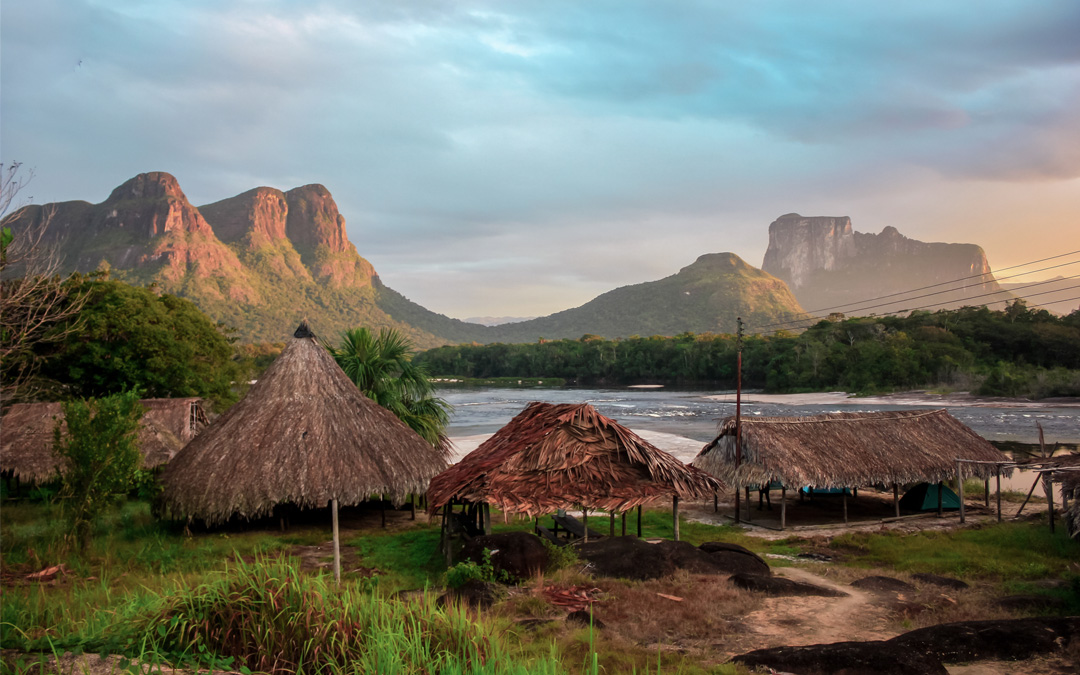

Funded by Global Health Seed Grants, five faculty-led efforts will address disparities in cardiovascular health, tuberculosis, impacts of climate change on noncommunicable diseases, vaccination coverage, and cervical cancer.
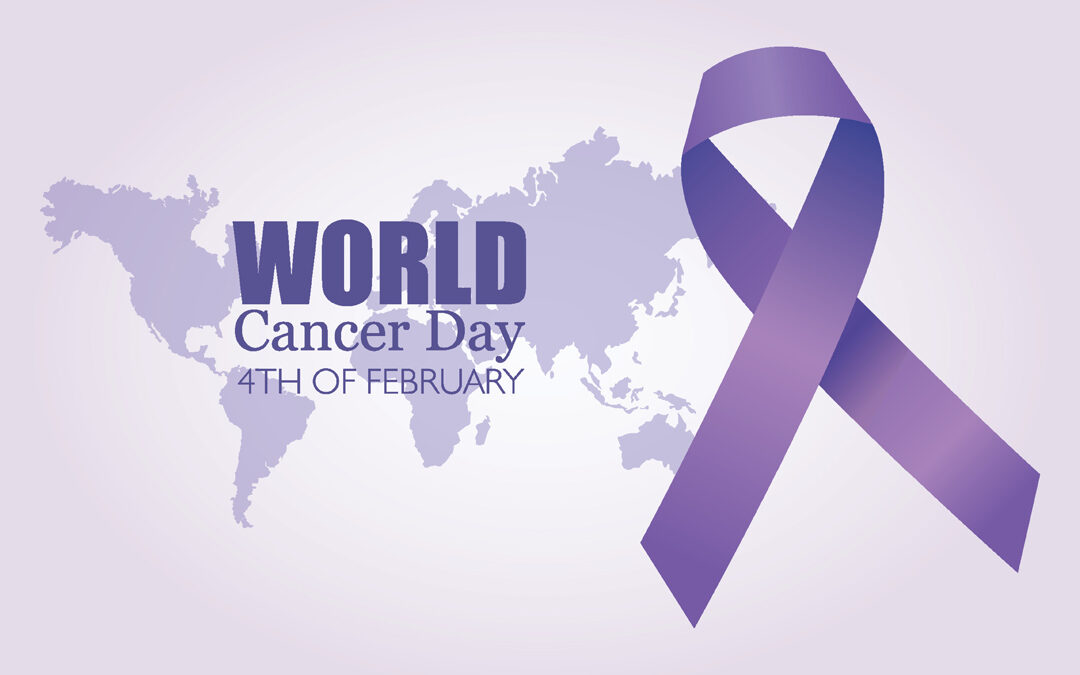
World Cancer Day is February 4. Richard Marlink, director of Rutgers Global Health Institute, discusses what we can do about the crisis of cancer in sub-Saharan Africa.
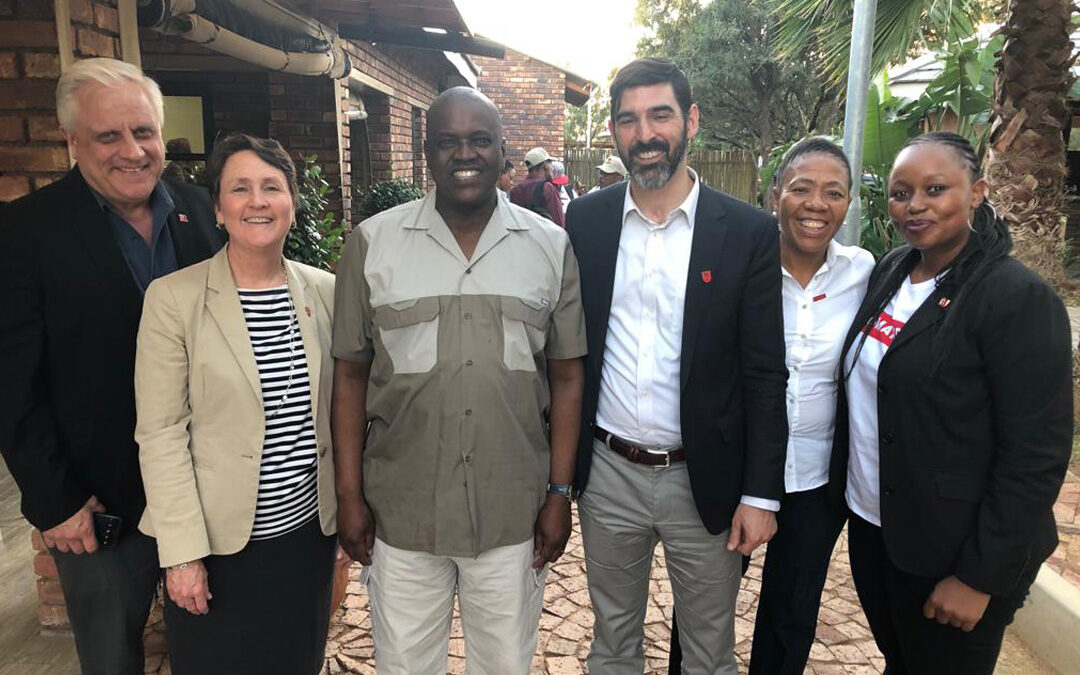
Rutgers Global Health Institute is featured in this story celebrating the 10th anniversary of the creation of Rutgers Biomedical and Health Sciences. The institute’s establishment and work to advance health equity are among the impacts of RBHS.
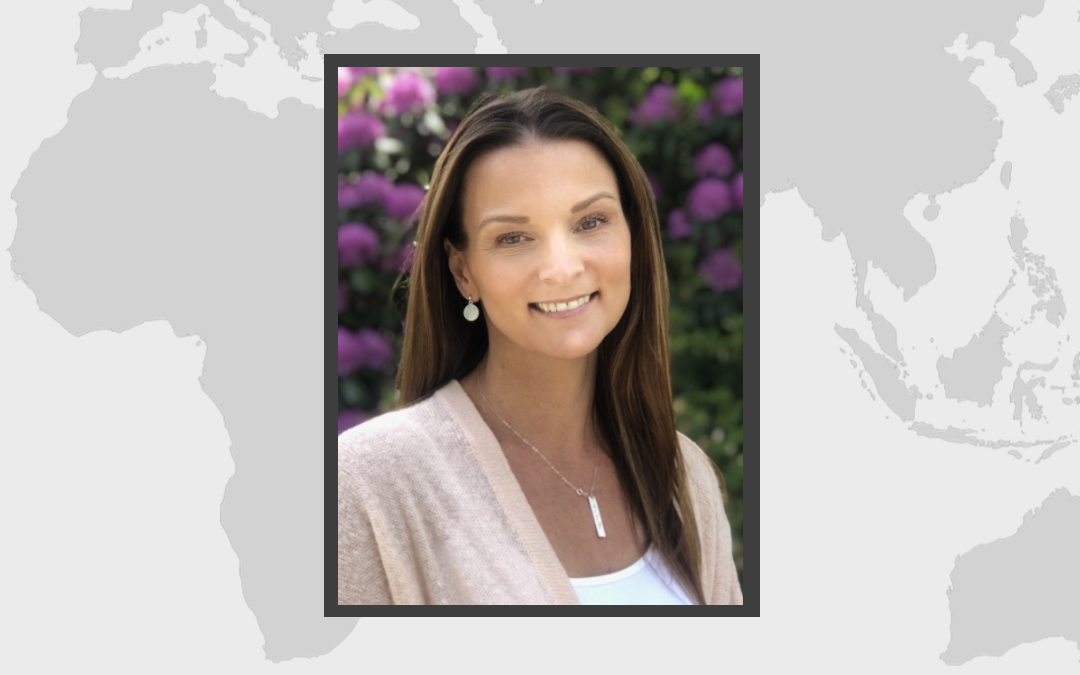
Tara M. Friebel researches the prevention and early detection of women’s cancers in sub-Saharan Africa, focusing on implementation science. She will be an assistant research professor of global health at the institute.
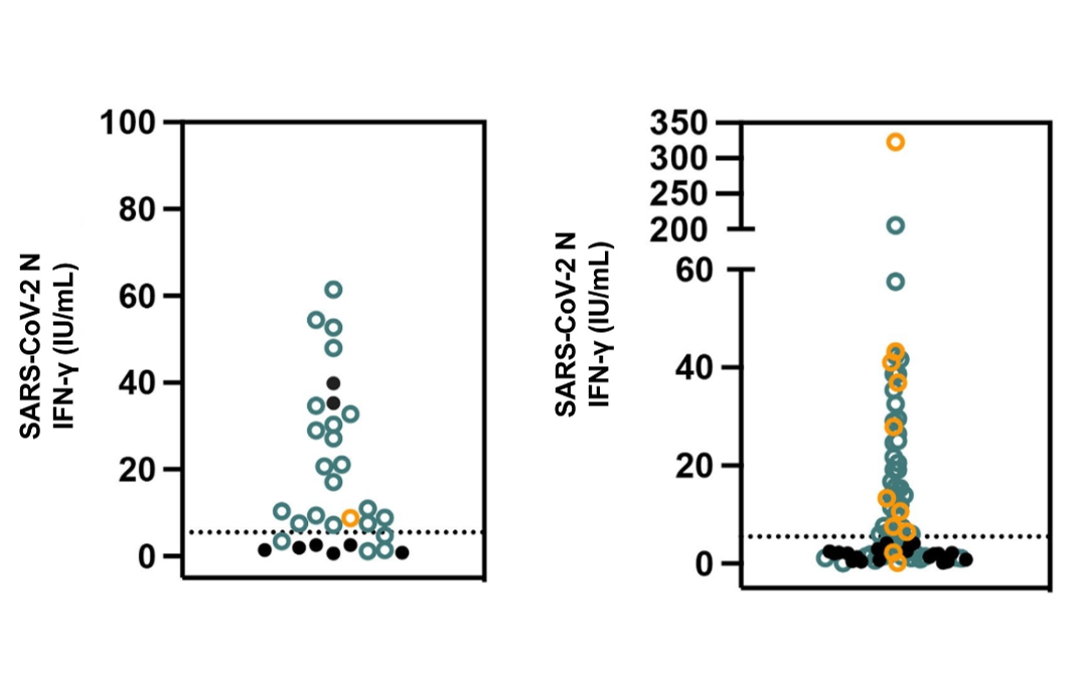
Exposure to common cold-causing coronaviruses may contribute to pre-existing immunity to COVID-19, according to a study published in the Journal of Clinical Virology Plus. Rutgers Global Health Institute assistant professor Bobby Brooke Herrera is a lead author.

Botswana-Rutgers Partnership for Health researchers review treatments that could improve outcomes for patients in a region where cancer rates are rising significantly. The study is published in the journal PLOS Global Public Health.
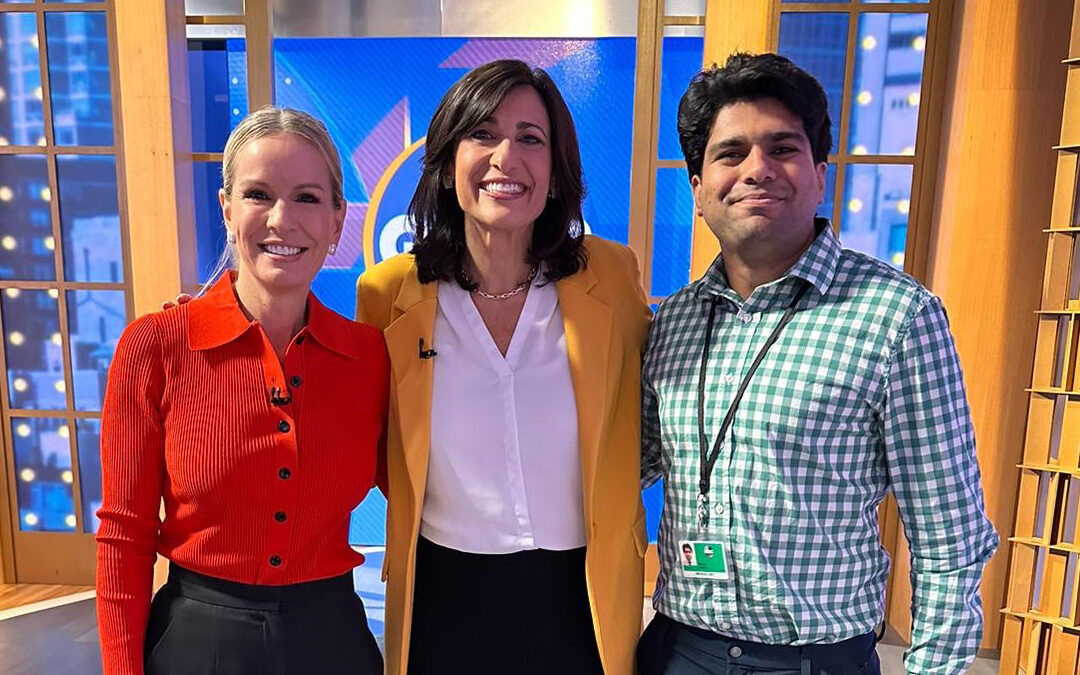
Faheem Farooq recently finished a three-year fellowship in hematology and oncology at Rutgers that included a one-month rotation in the ABC News Medical Unit and substantial involvement with the Botswana-Rutgers Partnership for Health.
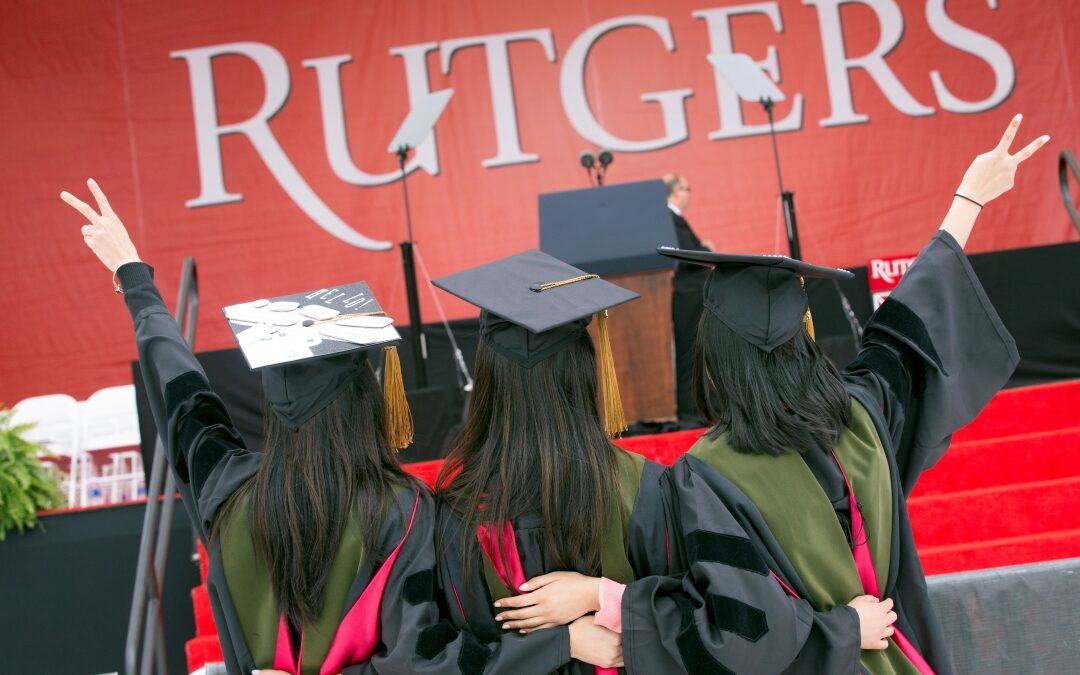
Cancer epidemiologist Hari Iyer had considered becoming a medical doctor. Woojin Jung has done work related to data science, poverty, and international aid policy. These Rutgers Global Health Institute core faculty members, now in roles focused on improving the health and well-being of vulnerable populations, discuss the unexpected directions their career paths have taken.

The nutritional epidemiologist discusses food insecurity from multiple perspectives, including different definitions of the term, its social and environmental influences, and the related global disparities.
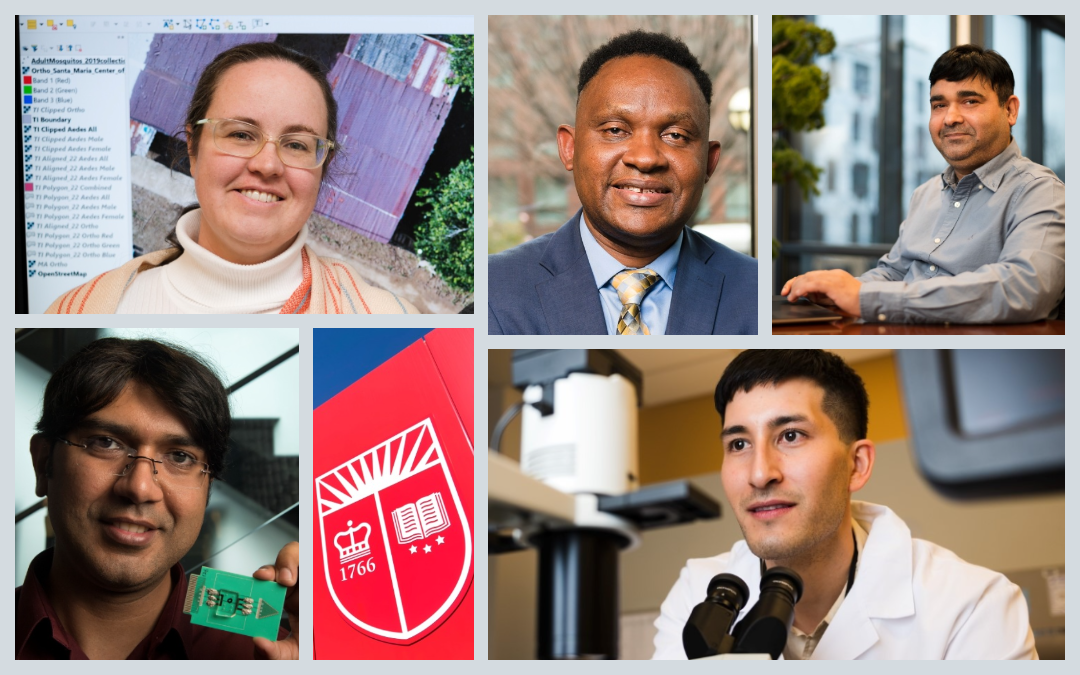
The principal faculty of Rutgers Global Health Institute are innovators. They’re confronting diverse global health challenges – the critical issues that affect everyone, and the complex problems that are especially detrimental to the most vulnerable among us.